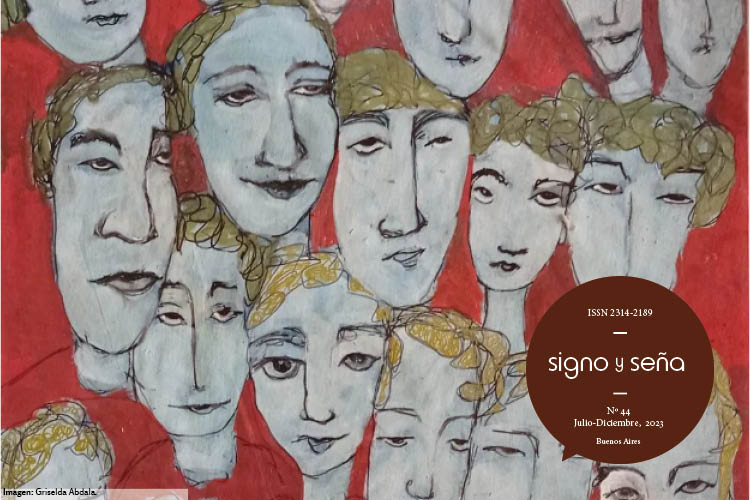Linguistic and Discursive Theories about Humor, Comics and Laughter
Abstract
The alternative linguistics and discursive trends that made, during the XX Century, an attempt to say, in Paolo Fabbri’s words, something sensible about sense, clash, soon or later, with the necessity of say also something sensible about sense of humor. And that’s not weird, since the ridiculous use of language rises as an excellent counter-example of every norm, rule or linguistic paradigm that are intended to be shown as incontrovertible. In this work we will examine some specifically linguistic and discursive theories of humor, comic and the laugh in order to demonstrate that it is impossible to reach a thorough understanding of the phenomenon without appealing to a discursive point of view, that is, a perspective that considers the mismatch inherent to all significant production as a constitutive element of our way of giving meaning to the unfathomable whole that surrounds us. And that point of view brings us to the conclusion that the laughable is, above all, a particular positioning of the subject of enunciation that, whether in production or recognition, arises as the guarantor of the intentional deviation of all that we consider serious in a given social context.Downloads
Download data is not yet available.
Published
2023-12-26
How to Cite
Palacios, C. E. (2023). Linguistic and Discursive Theories about Humor, Comics and Laughter. Signo & Seña, (44). https://doi.org/10.34096/sys.n44.13511
Issue
Section
Dossier
- Authors keep the copyright and give the journal the right of the first publication, with the work registered with the Creative Commons Attribution-ShareAlike 4.0 International License, which allows third parties to use what is published whenever they mention the authorship of the work and the first publication in this magazine.
- Authors can make other independent and additional contractual agreements for the non-exclusive distribution of the article published in this journal (eg, include it in an institutional repository or publish it in a book) as long as they clearly indicate that the work It was published for the first time in this magazine.
- Authors are allowed and recommended to publish their work on the Internet (for example on institutional or personal pages).

















